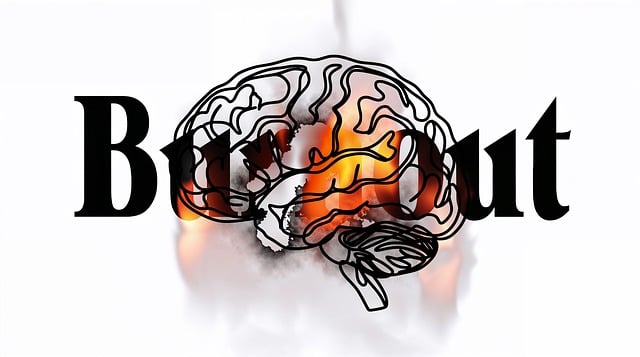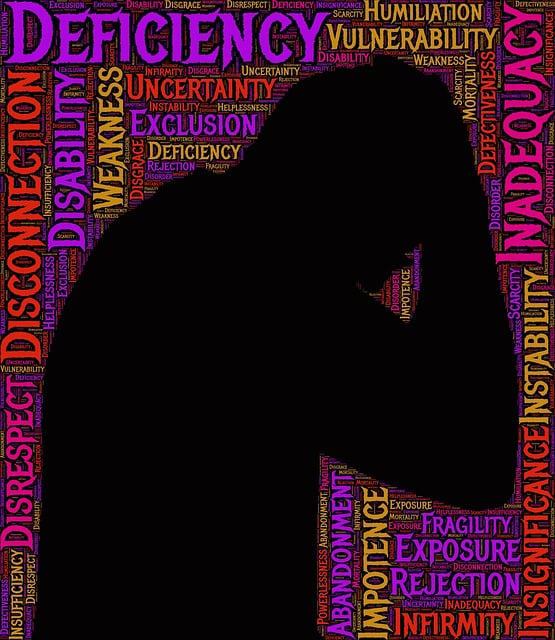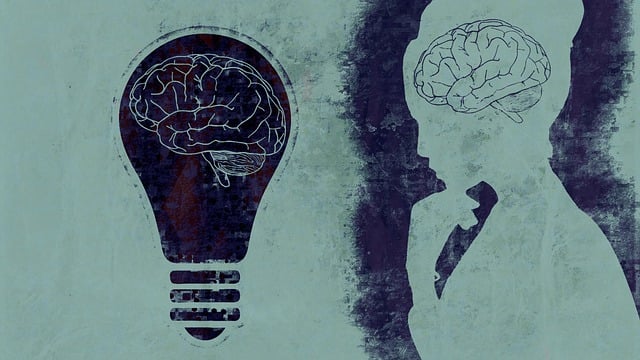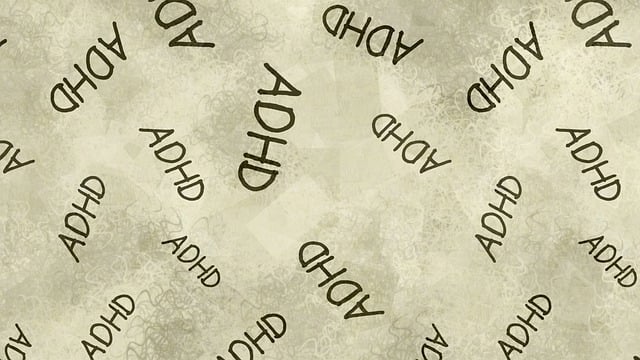In today's diverse communities, culturally sensitive mental healthcare is crucial. Community outreach programs that integrate crisis counseling and stigma reduction initiatives enhance accessibility to therapy, build resilience, and foster open discussions. Successful partnerships with local organizations ensure effective therapy for adults crisis counseling and trauma support services, while measuring impact ensures long-term sustainability. These efforts aim to empower individuals and strengthen communities through emotional healing and stress management.
Community outreach programs play a vital role in addressing adult crisis counseling needs. This article explores the multifaceted benefits of such initiatives, from enhancing access to mental health services to fostering resilience within communities. We delve into developing effective therapy strategies tailored to diverse populations and highlight the importance of building strong partnerships for successful implementation. Additionally, we discuss measuring impact and ensuring long-term sustainability in adult crisis counseling efforts.
- Understanding Adult Crisis Counseling Needs
- Benefits of Community Outreach Programs
- Developing Effective Therapy Strategies
- Building Partnerships for Successful Implementation
- Measuring Impact and Ensuring Sustainability
Understanding Adult Crisis Counseling Needs

In today’s diverse communities, understanding adult crisis counseling needs requires a nuanced approach that incorporates cultural sensitivity in mental healthcare practice. Effective therapy for adults in crisis must acknowledge and respect the unique cultural backgrounds, beliefs, and values of individuals seeking support. This is particularly crucial when implementing community outreach program initiatives aimed at promoting mental health awareness and access to services. By integrating cultural sensitivity into mental healthcare practices, providers can ensure that their interventions are relevant, accessible, and beneficial to all members of the community, fostering a more inclusive environment for those experiencing crises.
Community outreach program implementation should be informed by a thorough mental health policy analysis and advocacy, ensuring that counseling services align with the evolving needs of adults in crisis. This involves staying abreast of relevant research, best practices, and legislative changes related to adult crisis counseling. Such strategies not only enhance the quality of care but also contribute to broader efforts in advocating for equitable access to mental healthcare services within diverse communities.
Benefits of Community Outreach Programs

Community outreach programs offer a multitude of benefits, particularly in enhancing mental wellness and providing critical support services. These initiatives serve as a bridge between healthcare providers and underserved communities, making essential therapy for adults more accessible. By bringing counseling services directly to individuals where they live and work, these programs address barriers to care that often prevent folks from seeking help.
In addition to improving access to therapy for adults experiencing crisis situations, community outreach extends its impact through mental wellness podcast series production and trauma support services. This multifaceted approach equips individuals with valuable conflict resolution techniques and fosters a sense of resilience in navigating life’s challenges. Such initiatives ultimately contribute to stronger, more connected communities where everyone has the opportunity to thrive.
Developing Effective Therapy Strategies

Community outreach programs play a pivotal role in promoting mental health and well-being among diverse populations. When designing interventions, it’s crucial to develop effective therapy strategies tailored to specific needs. For adults facing crisis situations, Crisis Counseling offers a vital support system. This therapeutic approach focuses on providing immediate relief, stability, and coping mechanisms during times of intense emotional distress.
Integrating Inner Strength Development techniques within these programs empowers individuals to build resilience and adaptively manage challenges. By addressing the underlying causes of mental health issues and fostering an environment that encourages open conversations about Mental Illness Stigma Reduction Efforts, community outreach can significantly contribute to improving overall Mental Health Policy Analysis and Advocacy.
Building Partnerships for Successful Implementation

Building strong partnerships is key to successfully implementing community outreach programs, especially when addressing sensitive issues like adult crisis counseling and trauma support services. By collaborating with local mental health organizations, healthcare providers, and community centers, these initiatives can reach a wider audience and offer much-needed therapy for adults suffering from mental illness and related crises. Such partnerships facilitate the integration of Mental Health Awareness and Stigma Reduction Efforts, ensuring that resources are allocated effectively and tailored to the unique needs of diverse communities.
Effective collaboration involves open communication channels, shared goals, and a commitment to empowering individuals affected by these challenges. Together, these organizations can plan and execute outreach strategies that not only provide direct services but also foster a supportive environment where people feel comfortable seeking help. This collaborative approach has proven effective in enhancing the accessibility and impact of Trauma Support Services, ultimately contributing to improved mental well-being within the community.
Measuring Impact and Ensuring Sustainability

Measuring the impact of community outreach programs is a crucial step in ensuring their long-term sustainability and effectiveness. By implementing robust evaluation strategies, organizations can assess the success of their initiatives and identify areas for improvement. This involves tracking key performance indicators (KPIs) such as the number of individuals reached, the frequency and quality of interactions, and the overall satisfaction levels within the community. For example, programs offering therapy for adults crisis counseling can gauge the effectiveness of their services by measuring the reduction in crisis episodes among participants over time.
Sustainability is achieved when these programs become integral parts of the community fabric, fostering emotional healing processes and stress management techniques that resonate with local needs. This might involve building partnerships with schools, workplaces, and other community organizations to integrate mental health awareness and depression prevention strategies into existing infrastructure. By doing so, these programs not only address immediate issues but also empower individuals to cultivate resilience and navigate life’s challenges more effectively.
Implementing community outreach programs for adult crisis counseling is a multifaceted approach that, when executed effectively, can significantly enhance access to mental health support. By understanding specific counseling needs, leveraging strategic partnerships, and measuring impact, communities can foster resilience and well-being among their members. These initiatives not only provide immediate assistance but also contribute to long-term sustainability by building resilient networks capable of supporting one another during crises. Incorporating these practices ensures that therapy for adults in crisis becomes more accessible, effective, and enduring within the fabric of community life.














